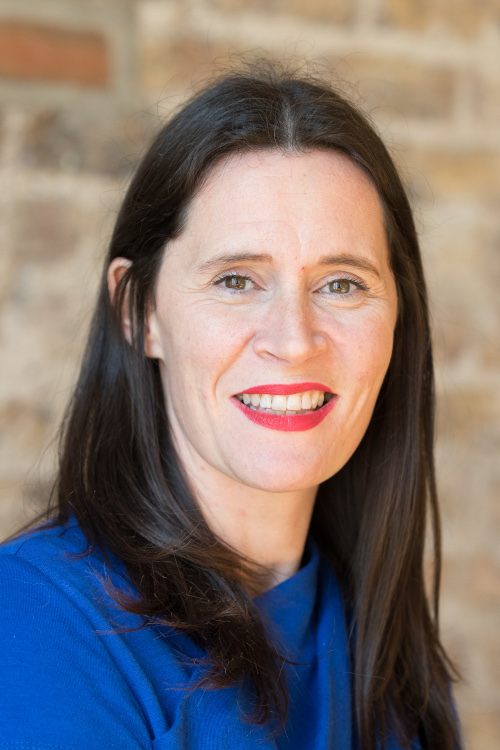Assisted dying bill needs ‘further safeguards’

Sinéad Gibney
Proposed legislation allowing for physician-assisted dying in Ireland requires “further safeguards”, the Irish Human Rights and Equality Commission has said.
The rights watchdog today published its analysis and recommendations to the Oireachtas justice committee on the Dying with Dignity Bill 2020, which was introduced as a private member’s bill by Gino Kenny and has won wider support.
Legislating for physician-assisted dying engages several rights including the right to life, respect for human dignity, personal autonomy and the protection of particular at risk groups, in particular disabled people, people with life-limiting illnesses, and older people.
The human rights commission’s committee submission makes legislative observations and 19 recommendations to improve the bill, which it says currently falls short in ensuring that adequate safeguards are in place to protect the right to life.
The submission also notes that the Assisted Decision Making (Capacity) Act 2015 has yet to be fully commenced. The commission has warned that introducing assisted dying legislation without addressing the wider legal and procedural issues relating to capacity will likely impact negatively on disabled people.
It also recommends that the bill be accompanied by additional law that provides for basic legal rights to independent living and palliative health care.
Chief commissioner Sinéad Gibney said: “Where assisted dying is discussed in the public sphere, any debate must have the utmost regard for the complexity of the sensitive and difficult issues being considered.
“This bill being considered by the Oireachtas specifically addresses physician-assisted dying. This is one important aspect of a much broader concept, dying with dignity, which is about choice and achieving a dignified and peaceful end of life, including palliative care needs at end of life.
“Legislating for physician-assisted dying engages several rights, including; the right to life, respect for human dignity, personal autonomy and the protection of certain at risk groups, in particular disabled people, people with life-limiting illnesses and older people.
“These are fundamental human rights and equality issues and as such, the development of this proposed Bill must be scrutinised in light of relevant human rights and equality standards on these and related matters.”







